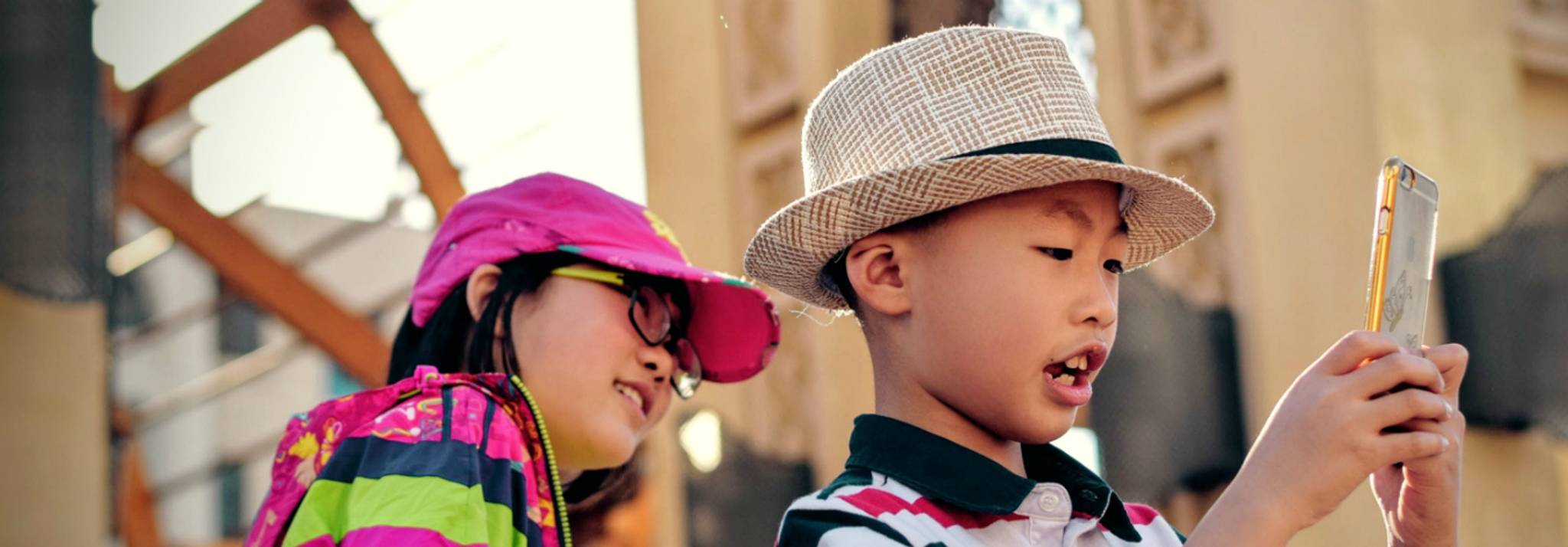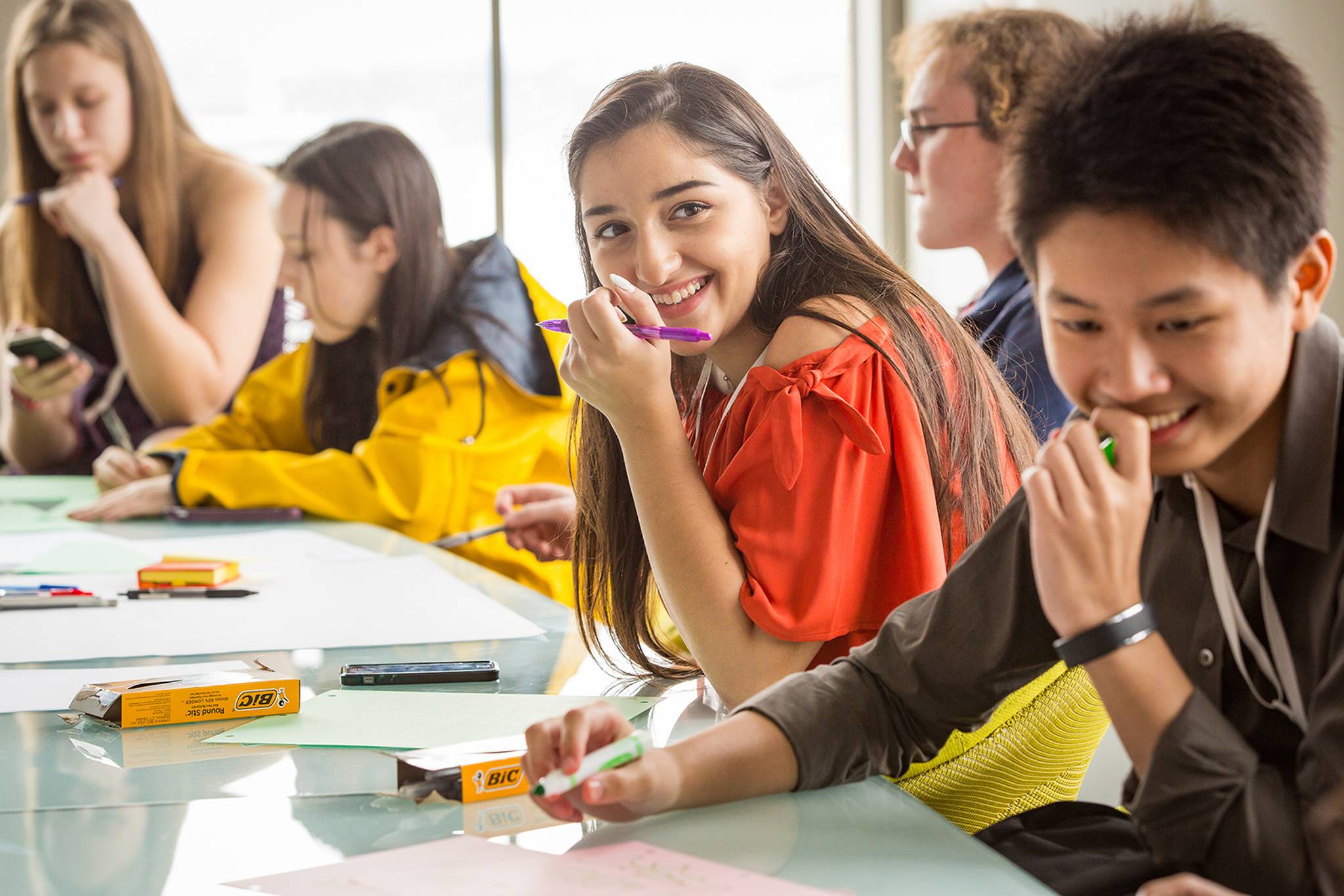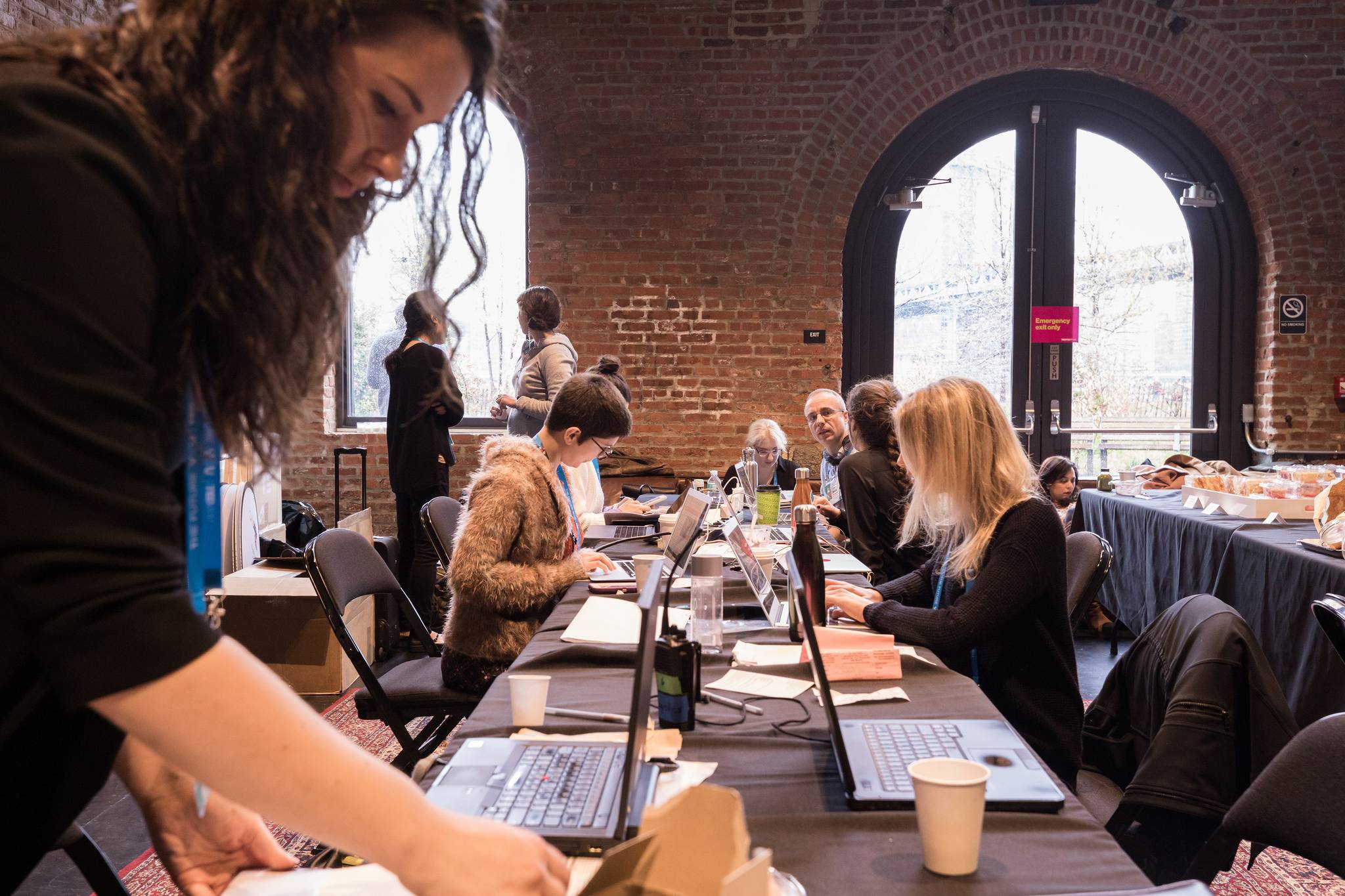
A Swiss startup called RosieReality is giving Lego an AR makeover, while also teaching children programming skills. With a digital-skills gap impacting businesses, there are opportunities to tap into the screen habits of young audiences to inspire STEM careers in a playful and engaging way.
The Zurich-based startup offers an AR-mobile experience, designed to spark interest in robotics and programming among children. A camera-based app designed for smartphones, the concept is centered around 'Rosie', an AR robot that inhabits a 'Lego-like' modular AR world within which users and their friends are tasked with building and solving world-size 3D puzzles. Solving the puzzles requires the programming of Rosie so she moves around the augmented world. RosieReality co-founder and CEO Selim Benayat says,“We use this new computational platform to enable kids to creatively build, solve and share world-sized puzzle games with friends and families. AR makes it possible for [kids] to have the same tangible and contextual sensation while giving them a bigger outlet for their creativity.”
Although children are spending more time on their phones than previous generations – children aged 8- to 11-years old spend 3.6 hours a day glued to a screen, for example – using building blocks can be beneficial to their development. In tapping into the screen habits of digitally native Gen Zers, RosieReality offers a new but tangible building experience. While Common Sense in the US teaching digital responsibility, Google is teaching Britons to be digitally dextrous and, by using AR – and targetting younger children – RosieReality is teaching children science, technology, engineering and maths (STEM) skills at a younger age, in a gamified way. With this in mind, there are opportunities for brands and business to innovative and help inspire children into STEM careers.
Sophie Robinson is a Junior Behavioural Analyst at Canvas8. She has a degree in Social Anthropology from the University of Manchester and always tries to deconstruct stereotypes of normality. When not questioning why she’s watching a short film or writing a screenplay.


